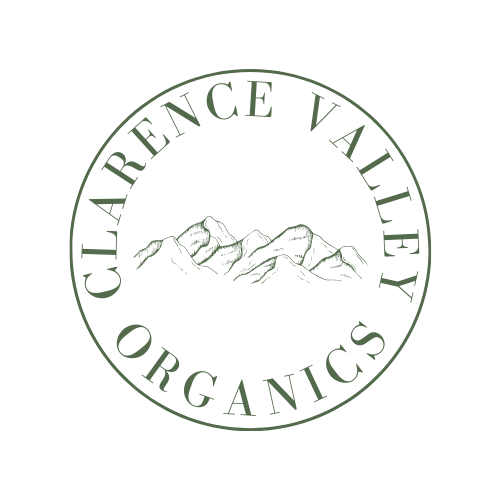
Why Organic Produce is Worth It
Share
The Truth About Organic Food – Why It Matters for Your Health
In recent years, the demand for organic food has surged as more people seek healthier, more sustainable options for their families. But is organic really better? What does it truly mean for your health? Let’s break down the facts and help you make informed choices about the food you eat.
What Makes Organic Different?
Organic food is grown and produced without synthetic pesticides, chemical fertilizers, genetically modified organisms (GMOs), or artificial additives. Instead, organic farming focuses on natural methods such as crop rotation, composting, and biological pest control to nurture the soil and promote biodiversity.
But beyond the farming methods, what does this mean for your health and well-being? Here are the top reasons why choosing organic matters.
1. Fewer Harmful Chemicals in Your Diet
Conventionally grown fruits and vegetables are often sprayed with synthetic pesticides and herbicides, many of which have been linked to health concerns ranging from hormone disruption to neurological disorders. Some pesticides can remain on the surface of produce even after washing, and others are absorbed into the food itself.
Studies have shown that people who eat organic have significantly lower pesticide residue levels in their bodies. By choosing organic, you reduce your exposure to these potentially harmful chemicals, making a long-term investment in your health.
2. Higher Nutritional Value
Emerging research suggests that organic food may contain higher levels of essential nutrients, particularly antioxidants, which help combat oxidative stress and inflammation in the body. Some studies indicate that organic produce has:
-
Higher levels of vitamin C, iron, and magnesium
-
Up to 60% more antioxidants compared to conventionally grown produce
-
More beneficial plant compounds, which help protect against chronic diseases
Additionally, organically grown food often tastes better because it’s grown in nutrient-rich soil without artificial growth accelerators.
3. No Synthetic Additives or Preservatives
Many processed foods contain artificial preservatives, colorings, and flavor enhancers that have been linked to health issues like allergies, digestive problems, and even behavioral concerns in children. Organic regulations prohibit the use of these synthetic additives, meaning organic packaged foods tend to be cleaner, simpler, and less processed.
When you choose organic, you’re giving your body whole, real food without unnecessary chemicals.
4. Better for Gut Health
The health of your gut is directly linked to your immune system, digestion, and even mental well-being. Conventionally grown foods often contain traces of glyphosate, an herbicide that some studies suggest can disrupt gut bacteria. Organic foods, free from synthetic pesticides and chemicals, can help maintain a healthier balance of beneficial gut bacteria, supporting overall wellness.
5. Ethical and Environmental Benefits
Beyond personal health, organic farming is better for the planet. Organic agriculture prioritizes:
-
Healthier soil – Organic farming replenishes soil nutrients, preventing depletion and erosion.
-
Reduced water contamination – Without chemical runoff from pesticides and fertilizers, water sources remain cleaner and safer.
-
More biodiversity – Organic farms provide healthier ecosystems, supporting bees, birds, and beneficial insects.
By choosing organic, you’re not only benefiting your health but also contributing to a more sustainable food system that supports local farmers and preserves natural resources.
How to Make Organic More Affordable
One common concern about organic food is the cost. While organic produce can sometimes be more expensive, there are ways to make it more budget-friendly:
-
Buy in season – Organic produce is often more affordable when it’s in peak season.
-
Shop local – Farmers' markets and organic box deliveries often offer better deals than supermarkets.
-
Prioritize the Dirty Dozen – The Environmental Working Group (EWG) releases a yearly list of the most pesticide-contaminated produce; prioritize buying organic versions of these items.
-
Subscribe to an organic box – Consistent deliveries of fresh, organic produce can help you save money and ensure you’re eating healthier without the guesswork.
The Bottom Line
While organic food may not always be the cheapest option, the long-term benefits for your health and the environment make it a worthwhile choice. By reducing pesticide exposure, increasing nutrient intake, and supporting sustainable farming, eating organic is one of the best ways to invest in your well-being.
If you’re looking to make the switch, our organic produce boxes offer a simple, convenient way to bring fresh, seasonal, and chemical-free food straight to your door. Ready to eat better and feel better? Start with your next box today.
